The League of Arab States was established in 1945 with the formation of the League Council and the office of the Secretary-General. Over the decades, this institution has continually evolved to address the aspirations of the Arab peoples and to strengthen the foundations of Arab unity. Eighty years on, it has developed into an extensive and intricate regional system, encompassing all facets of Arab cooperation and collective action. Today, it comprises more than 10 autonomous yet interlinked mechanisms that operate in concert to coordinate Arab affairs across a comprehensive spectrum.
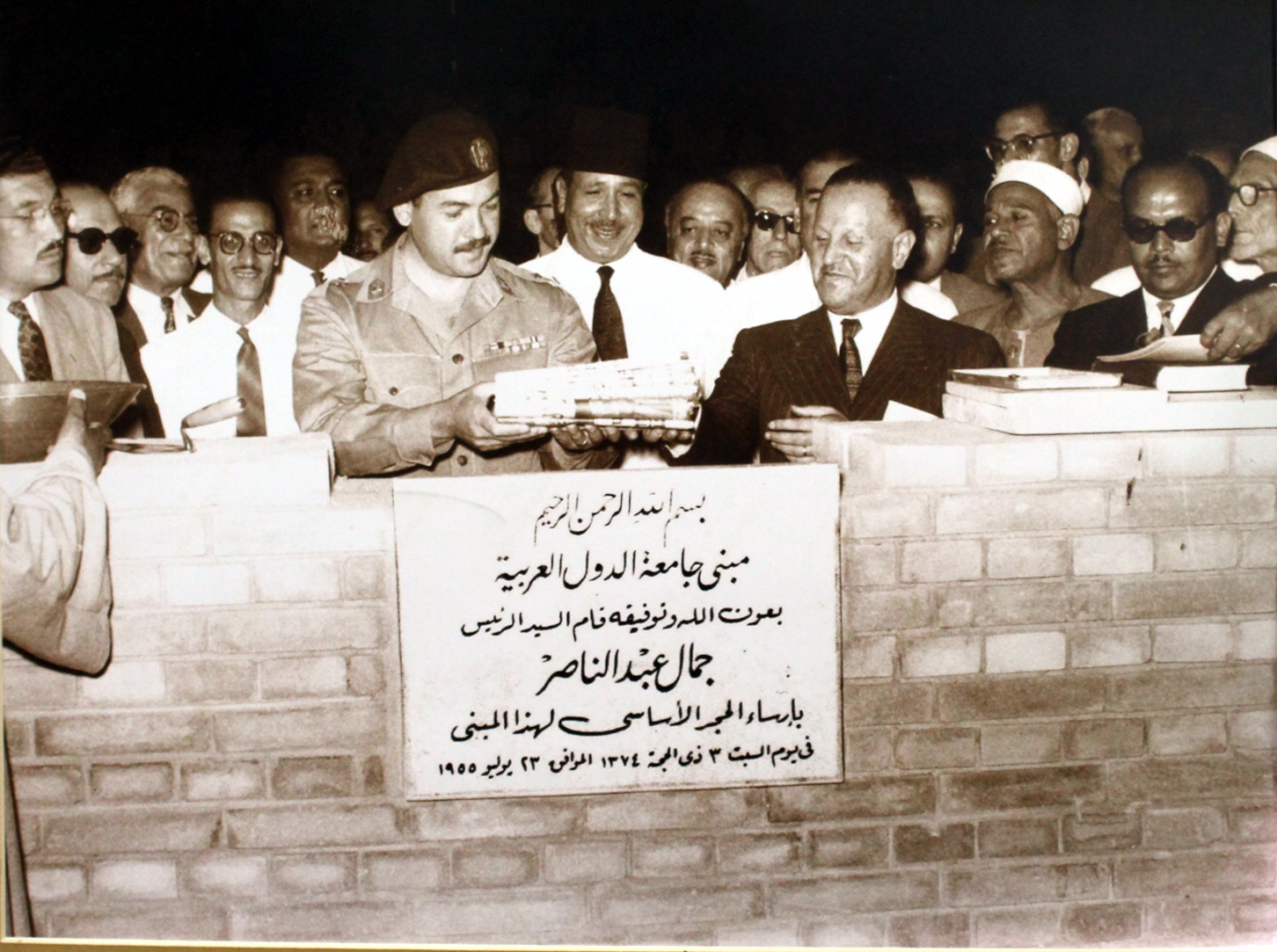
The League of Arab States operates through a range of mechanisms, foremost among them:
The Council of the League of Arab States:
Often regarded as the "Arab chief architect," the Council is the principal body of the League, entrusted with decision-making responsibilities. It is composed of representatives from all member states. The Council convenes at multiple levels, providing Arab officials with a forum to deliberate on a broad array of issues. Initially, it met as a gathering of permanent representatives, later evolving into regular biannual meetings at the level of foreign ministers to address sovereign matters and facilitate prompt decision-making. To foster deeper integration and coordination, the Council also convenes annually at the level of Arab kings and presidents, an assembly known as the "Arab Summit." While Council meetings typically take place at the headquarters of the General Secretariat, the Arab Summit is hosted and chaired by member states on a rotating basis, following alphabetical order.
The General Secretariat:
Regarded as the beating heart of the Arab joint action system, the General Secretariat is the central body responsible for coordinating collaborative Arab initiatives. It prepares the documents and reports submitted to the Council of the League of Arab States and the various specialised ministerial councils, while also overseeing the implementation of their resolutions. With its wealth of accumulated experience since the League's founding, the General Secretariat has earned its reputation as the "House of Arab Expertise," serving as a vital reference point for member states in deliberations on Arab affairs.
The institution is headed by a Secretary-General, appointed by the League Council. The General Secretariat is structured into multiple sectors, each dedicated to a distinct domain of Arab cooperation—ranging from political and social to economic and other fields.
The Charter assigns the Secretary-General several key responsibilities, including: organising and managing the Secretariat's work; monitoring the execution of Council resolutions; providing data and reports as requested by the Council; preparing the League's budget and securing its approval; drawing the Council's attention to pressing matters identified through expert judgement; and representing the League before international organisations, acting as its official spokesperson.
for more information:
Secretary General:
Former Secretaries General:
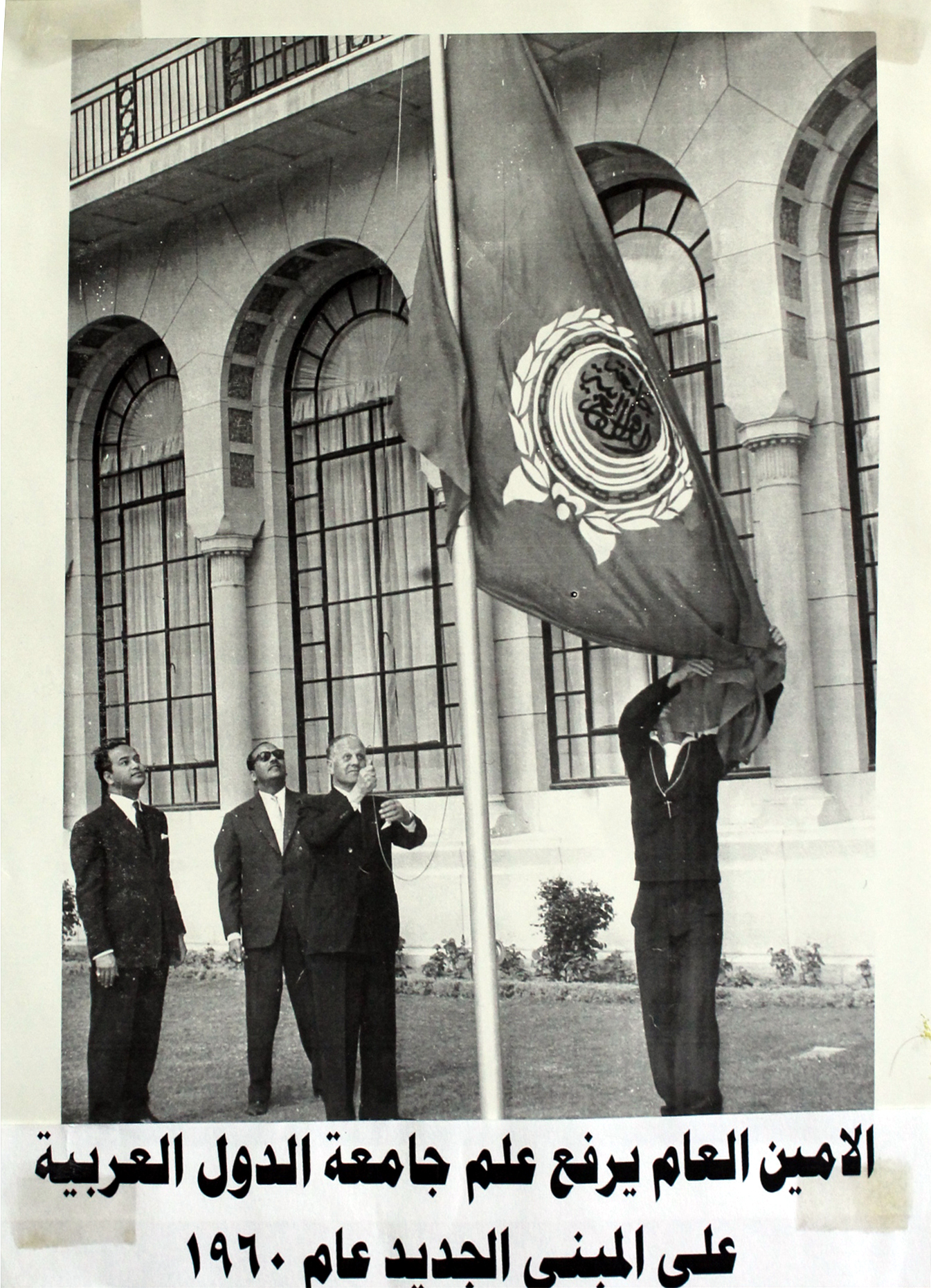
The technical arms of the League of Arab States and its specialised agencies:
The Economic and Social Council:
Economic and social cooperation constitutes a cornerstone of integration among Arab nations, which are bound by shared language, culture, and social fabric. In recognition of this, the Economic and Social Council was established under the 1950 Treaty of Joint Arab Defense and Economic Cooperation. This framework enables Arab ministers responsible for economic and social affairs to convene regularly and efficiently to deliberate on issues pivotal to advancing Arab development efforts. In 2009, a resolution was adopted to hold a dedicated Arab summit on a regular basis, focused exclusively on developmental matters encompassing economic, social, and cultural dimensions. The General Secretariat oversees and administers the affairs of the Council.
Specialised ministerial councils:
To foster deeper integration across a wide array of sectors, ministers specialising in various fields convene periodically. The General Secretariat plays a central role in organising these meetings and overseeing the implementation of their resolutions. To date, 15 specialised ministerial councils have been established. Each is supported by a dedicated technical secretariat in the General Secretariat, which manages all aspects of their operations—from preparing for meetings to ensuring the execution of their decisions.
The ministerial councils include:
• Council of Arab Ministers of Housing and Construction
• Council of Arab Ministers of Social Affairs
• Council of Arab Ministers of Transport
• Arab Ministerial Council for Tourism
• Council of Arab Ministers Responsible for Environmental Affairs
• Council of Arab Ministers of Information
• Council of Arab Ministers of Interior
• Arab Ministerial Council for Electricity
• Council of Arab Ministers of Youth and Sports
• Arab Ministerial Council for Water
• Council of Arab Ministers of Justice
• Council of Arab Ministers of Health
• Council of Arab Ministers of Communications and Information
• Council of Arab Ministers Responsible for Meteorology and Climate Affairs
• Arab Council for Population and Development
Specialised Arab organisations:
These entities serve as the technical arms of the League and as centres of Arab expertise, offering advice, technical knowledge, and guidance on a broad spectrum of economic, social, cultural, and financial matters. They play a crucial role in advancing the shared aspirations of Arab countries for enhanced cooperation and coordination across all fields relevant to Arab citizens. Currently, there are 14 specialised organisations, in addition to several financial institutions, each possessing its own fully independent administrative and financial structure, separate from the General Secretariat.
Among these organisations are:
• The Arab Academy for Science, Technology and Maritime Transport
• The Arab States Broadcasting Union
• The Arab League Educational, Cultural and Scientific Organisation (ALECSO)
• The Arab Labour Organisation
• The Arab Civil Aviation Authority
• The Arab Women's Organisation
• The Arab Atomic Energy Agency
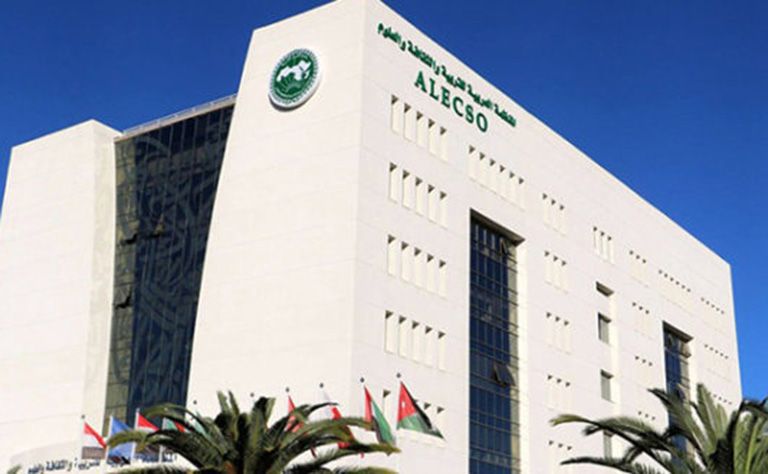
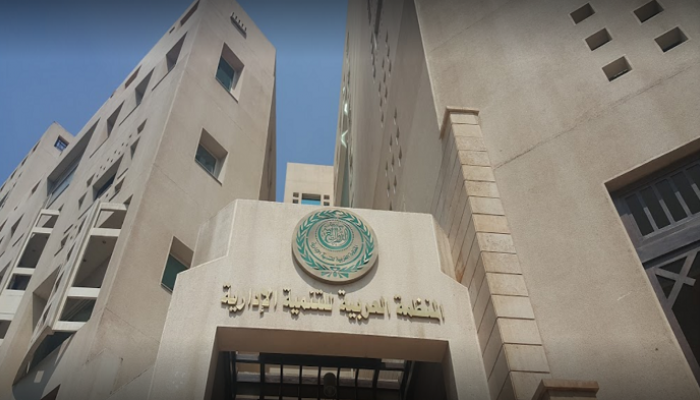
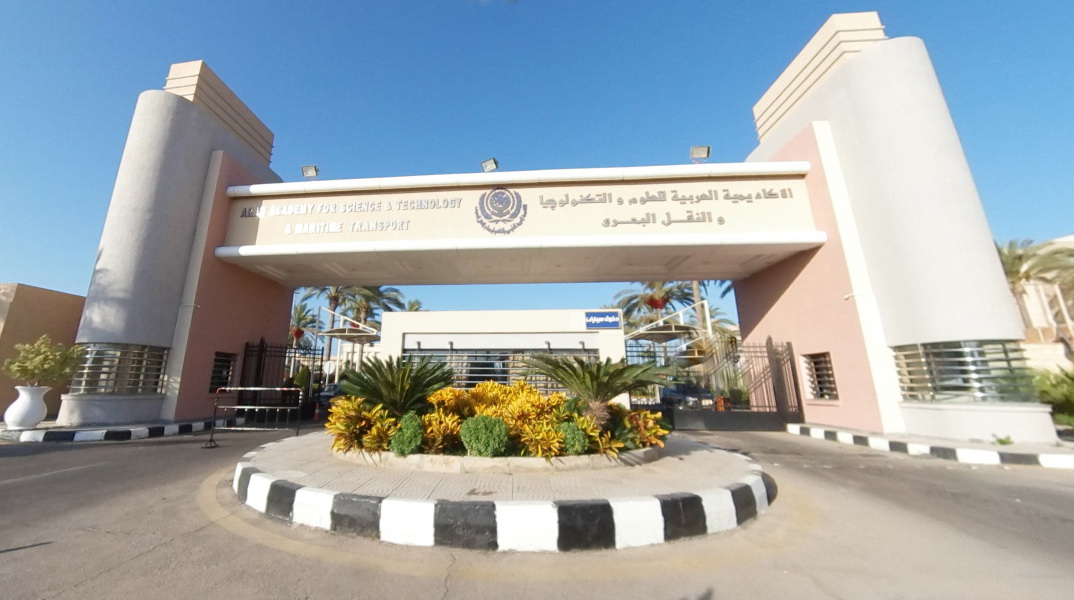
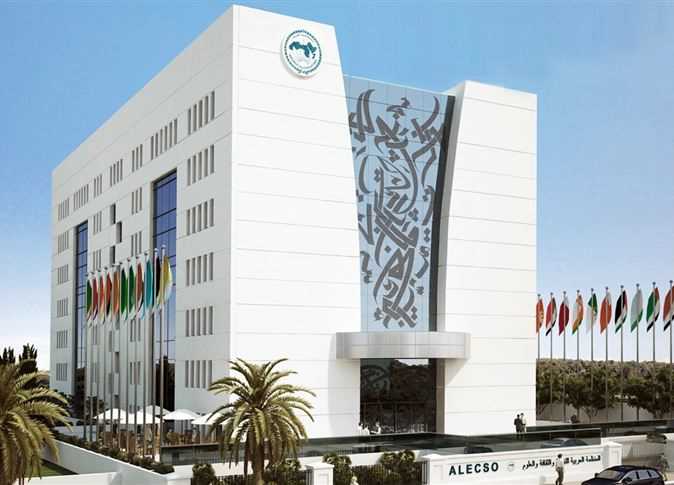
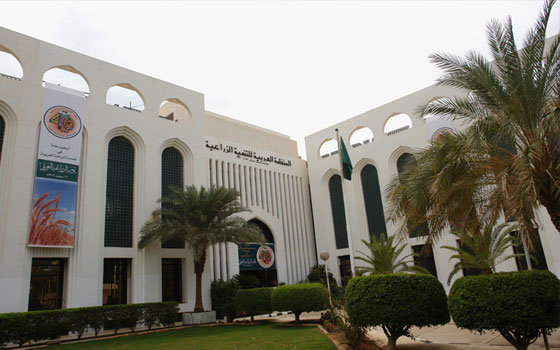
Foreign missions and offices:
The League's foreign offices and missions were initially established as media outlets and later evolved to undertake political and diplomatic functions. Their primary objective is to promote Arab positions and perspectives internationally and to secure vital global support. Several of these offices are also located within Arab countries, offering direct assistance—such as the League's offices in Libya and Somalia. At present, the League maintains 27 offices and missions abroad. The General Secretariat holds responsibility for overseeing and managing their operations.
Other mechanisms and institutions:
In addition to its primary bodies and specialised agencies, the League of Arab States has established a range of other dedicated mechanisms, including:
• The Arab Parliament : http://bit.ly/2SzgTUF
• The Arab Investment Court : http://www.leagueofarabstates.net/en/legalnetwork/Pages/Administrative_CourtSystems.aspx
• The Arab Permanent Committee on Human Rights: http://www.leagueofarabstates.net/en/humanrights/Committee/Pages/default.aspx
• The Administrative Court: http://www.leagueofarabstates.net/en/legalnetwork/Pages/Administrative_CourtSystems.aspx
• Forums for Arab-International Cooperation: http://bit.ly/2P0WllV
***
